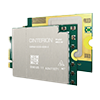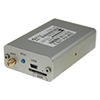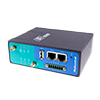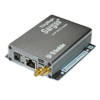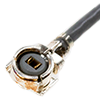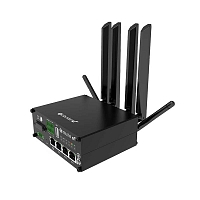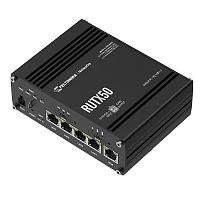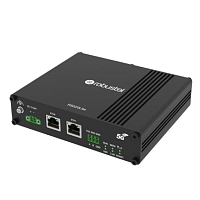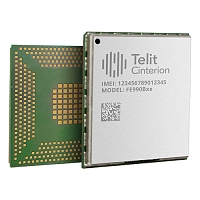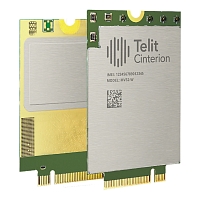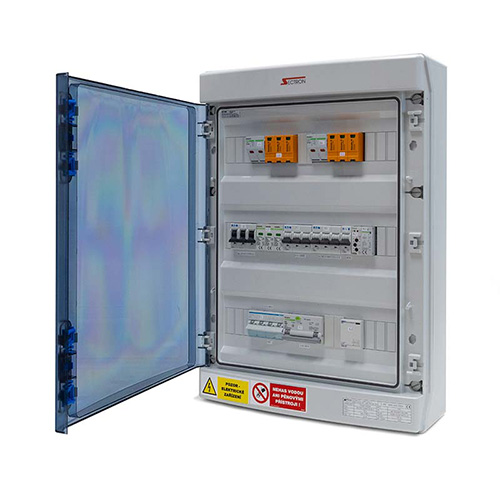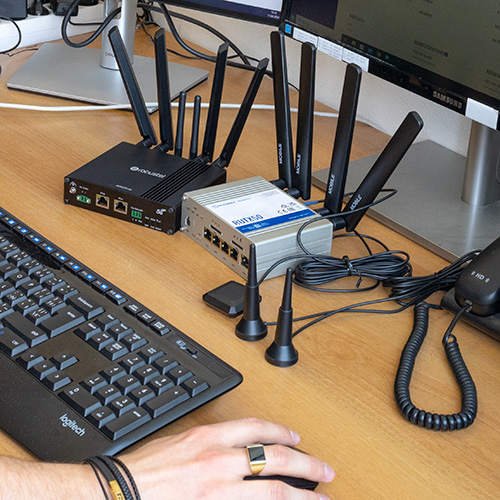5G: A revolution in wireless communication
5G, or the fifth generation of mobile networks, represents a significant leap forward in wireless technology. This new generation brings a range of benefits that have the potential to transform many aspects of our daily lives and industry.
Key benefits of 5G technology
- High speed: 5G offers significantly higher data transfer speeds than previous generations. This allows for faster downloading and uploading of content, smooth streaming of high-resolution video, and more efficient handling of large volumes of data..
- Low latency: 5G reduces communication delay to a minimum, which is crucial for applications requiring immediate response, such as autonomous vehicles, remote surgery, or augmented reality.
- Greater capacity: 5G networks can support many more connected devices per unit area, which is essential for the development of the Internet of Things (IoT).
The importance of fast 5G networks in the modern world
- Smart cities: 5G will enable more efficient management of urban infrastructure, from traffic control to energy consumption optimization.
- Industry 4.0: High-speed, low-latency communication will support automation and digitalization of manufacturing processes.
- Telemedicine: Doctors will be able to perform diagnostics and some procedures remotely with minimal delay.
- Augmented and virtual reality: 5G will support the development of AR and VR applications for education, entertainment, and professional use.
- Autonomous transportation: Vehicles will be able to communicate with each other and with infrastructure in real-time, increasing the safety and efficiency of transportation.
- Innovations in agriculture: Precision agriculture using sensors and drones to optimize crop cultivation.
Industry 4.0 and 5G networks
Looking closer at 5G technologies in the field of Industry 4.0, this is referred to as the fourth industrial revolution. It represents a new era of manufacturing characterized by complex digitalization and interconnection of all production processes. In this context, 5G technology plays a key role as a means of this transformation, enabling an unprecedented level of connectivity and data exchange.
One of the main benefits of Industry 4.0 is flexible manufacturing. Thanks to wireless communication enabled by 5G networks, production lines can be quickly reconfigured according to current needs. This leads to production processes that can flexibly respond to changing market demands and even allow customization of products down to individual pieces. This flexibility significantly increases production efficiency and the competitiveness of businesses.
Another key aspect is predictive maintenance. Using sensor networks connected via 5G, machines and equipment can be continuously monitored. Data is analyzed in real-time, allowing potential failures to be predicted before they occur. This optimizes maintenance, reduces downtime, and costs associated with unplanned outages.
The concept of digital twins represents another revolutionary element of Industry 4.0. It involves creating virtual copies of physical objects and processes that enable simulation and optimization of production in a digital environment. Thanks to the high transmission speed and low latency of 5G networks, these simulations can be performed in real-time, which, for example, allows testing of changes and innovations without risk to real production.
Augmented reality (AR) also finds wide application in Industry 4.0. Workers equipped with AR glasses can receive assistance during assembly or repairs in real-time. Experts can provide remote support in solving complex problems, and employee training can take place in a realistic virtual environment.
In the area of logistics, Industry 4.0 brings autonomous solutions. Self-driving carts and robots optimize material transport within production halls and warehouses. Artificial intelligence helps optimize warehouse processes, and supply chain connectivity enables efficient just-in-time deliveries.
With increasing digitalization, the emphasis on cybersecurity also increases. Industry 4.0 requires advanced encryption and security to protect sensitive data. 5G networks allow for rapid detection and response to security threats, while decentralized systems increase resilience against cyber attacks.
The implementation of Industry 4.0 principles supported by 5G technologies has the potential to dramatically increase production efficiency, flexibility, and competitiveness of businesses. At the same time, it opens up new possibilities for innovation and sustainable development in the industrial sector.
Conclusion
5G technology represents more than just faster internet on mobile phones. It is the foundation for a new era of connected society that opens doors to innovation across all sectors. Although the full potential of 5G is yet to be realized, it is already clear that this technology will play a key role in shaping our digital future.
The connecting element is technologically advanced cellular routers operating in the 5G band, independent of cable connectivity and fully utilizing global coverage by mobile 5G networks..
SECTRON is a long-term partner in the sale of wireless communication devices, and now the portfolio standardly includes top-of-the-line industrial 5G routers, as well as miniature wireless modules for implementation directly into the electronics of given devices. The entire portfolio also includes accessories for wireless connectivity such as antennas for all technologies or mounting solutions.
At SECTRON, we are ready every day to find a suitable solution for your project or needs. Write us an e-mail or just pick up the phone and connect with us. Page with additional contacts.

